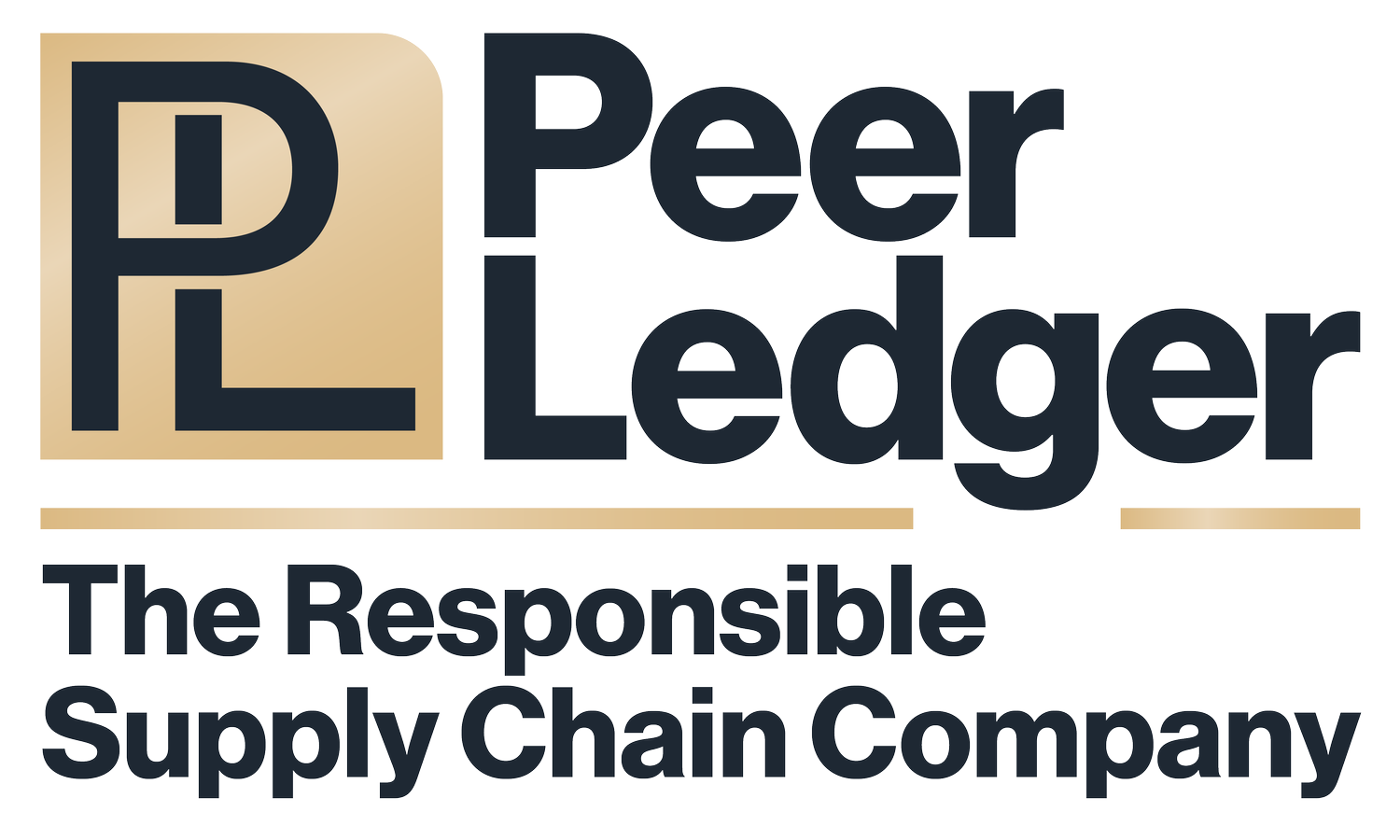
GETTING TO KNOW YOUR VEHICLES BETTER: With Digital Battery Identifiers
Digital Battery Identifier
Digital Battery Identifiers, also known as Digital Battery Passports in the EU, contain sustainability data to inform consumers, recyclers and automakers to easily qualify their cars for consumers to get the full amount of the new US Inflation Reduction Act's tax credits. Consumers can scan a 2D barcode or a QR code on the EV battery to read a digital label with provenance, journey, and carbon and chemical footprints of its component materials.
Brands need stronger supply chain governance that easily generates high-quality data labels. MIMOSI Connect provides the Digital Product Identifier platform for such purposes.
Clean Vehicle Tax Credits
The US Inflation Reduction Tax Act of August 2022 offers an array of environmental and sourcing tax credits to US companies and by extension their international suppliers operating in countries under treaty agreements.
Automakers are required to show proof of the provenance, purity, supply and production journey of regulated materials (e.g., cobalt, graphite, lithium, manganese, and nickel) in their EV battery to qualify each manufactured vehicle for part of the clean vehicle tax credits.
Peer Ledger’s MIMOSI™ Connect Platform can generate the required digital battery identifiers or digital labels for automakers, their suppliers, and buyers of eligible commercial EV vehicles to benefit from the variety of IRA tax credits. Recycling and disposal events are recorded on the products’ digital labels.
The IRA implements tax credits on a sliding scale. For EVs manufactured in 2023, tax credits are based on 40% of materials being sourced and produced in the US and its IRA-treaty countries, and for 50% of the value of EV battery components manufactured or assembled in North America. These two percentages increase year over year as shown below.


